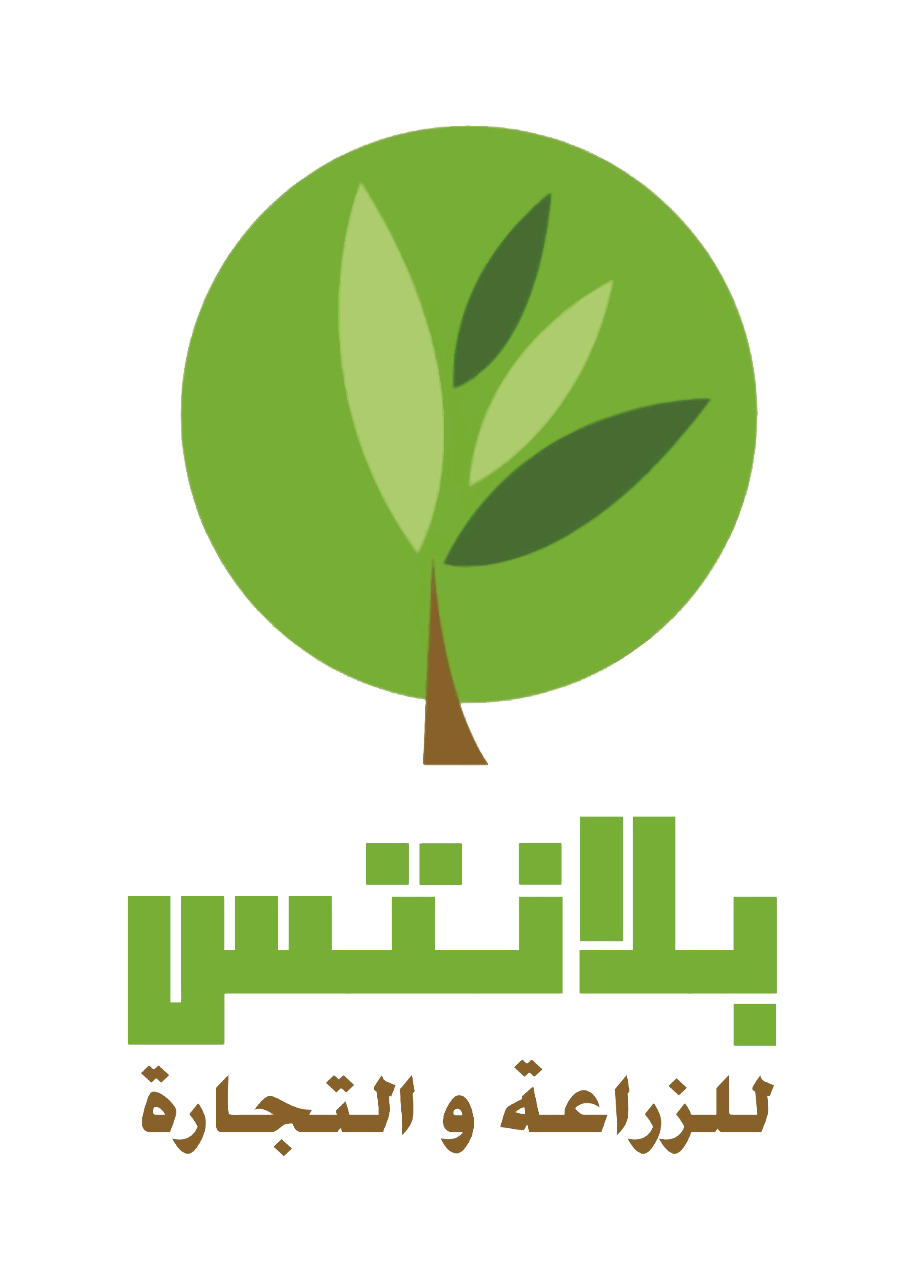- 13 Feb 2013
Food and nutrition security should be the top development goal
13 February 2013, Rome - A global multi-stakeholder consultation to discuss the world development agenda beyond 2015 has called for food security and nutrition to be the central element in future development efforts. New development objectives should be established for the entire global community.
The one-day consultation on Hunger, Food Security and Nutrition in the Post-2015 Development Agenda stressed that food security and nutrition represent the cornerstone for progress on other development fronts such as employment, education, the environment and health and in achieving a quality future for humankind.
The meeting, on Monday, brought together some 180 government, international organization, civil society and private sector stakeholders of the Committee on World Food Security (CFS), the foremost inclusive platform to discuss food security and nutrition-related issues. The consultation process is being co-led by FAO and the World Food Programme, in close collaboration with IFAD and Bioversity International, with the Governments of Spain and Colombia also playing a lead role.
This meeting was preceded by an on-line consultation and will be followed by a high level consultation in Madrid on April 4th, co-hosted by Spain and Colombia.
The results of the consultation will help shape the new sustainable development goals in the post-2015 agenda.
The Rome meeting emphasized that sustainable development goals should strongly complement poverty eradication efforts when it comes to food security and nutrition. Furthermore, new development objectives should be agreed upon not just for developing countries but for the global community as a whole. For example, universal targets on eliminating malnutrition in all its forms (not just undernutrition, but also obesity) should be set for both rich and poor countries.
Hunger eradication
Opening the meeting, FAO Director-General José Graziano da Silva urged the international community to commit to the complete eradication of hunger in setting its development priorities beyond 2015 - the target date for achieving the Millennium Development Goals (MDGs) adopted in 2000.
"In line with the UN Secretary-General's Zero Hunger Challenge, and in close collaboration with our development partners, we agree that nothing less than the eradication of hunger, food insecurity and malnutrition is what we should be striving for," he told the consultation.
Hunger was an integral part of the first of eight MDGs and one of the targets was halving the proportion of hungry people in the world by 2015. Some 50 countries are on track to achieve this target, he noted.
Amir Abdulla, Deputy Executive-Director of WFP, urged nations "to continue to strive together to make hunger the world's number one solvable problem".
Carlos Serè, Chief Development Strategist of IFAD, emphasized that "investing in the sustainable development of rural areas and in inclusive rural growth," with a focus on smallholder agriculture, is critical for global food security and to the whole post-2015 agenda.
Building blocks
A strong consensus emerged during the consultation that a focus on nutrition should be included in the post-2015 development agenda and that nutrition was by and large missed out in the MDG process. The different dimensions of under-nutrition and the fast-growing problems of obesity and related non-communicable diseases should also be dealt with.
A broad-based approach to addressing food security concerns was strongly advocated, with sustainability and on a sustainable transformation of food systems at all levels as key for global food security.
Specifically, the need for food availability to keep pace with the projected rapid growth in global demand for food was emphasized, including through fisheries, forests and livestock, and with specific recognition of the role of smallholder agriculture. Part of the response requires continued increases in productivity - in ways that are sustainable, equitable and resilient as well as a reduction of food losses and waste within production and consumption systems.
Responsible investment in agriculture is needed, including to make agricultural production more resilient to the effects of climate change and to economic and political shocks, while support to the agricultural sector should include targeted support to small producers. Some suggested a specific target for gender equality and women's empowerment in agriculture, food security and nutrition.
Rights-based approaches
There was a strong call that rights-based approaches should guide the formulation of the post-2015 Development Goals, while inclusive governance should guide their implementation. A distinguishing characteristic of the food security and nutrition theme is that there is already significant intergovernmental and multi-stakeholder consensus around major principles and guidelines to build upon.
